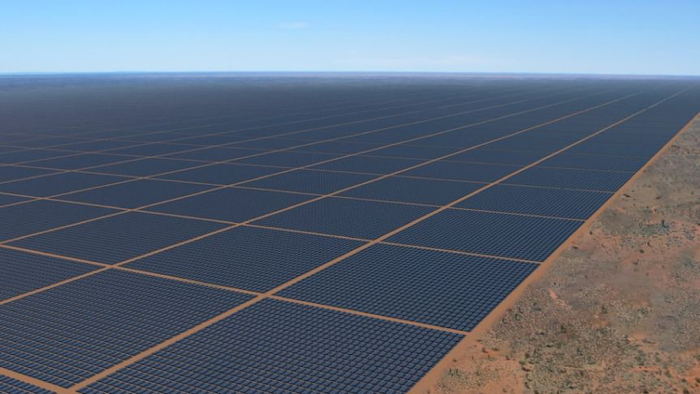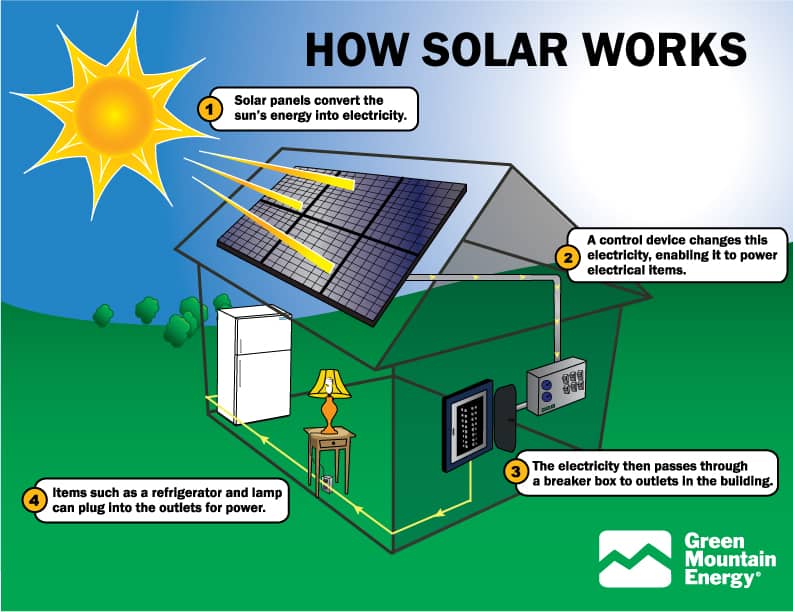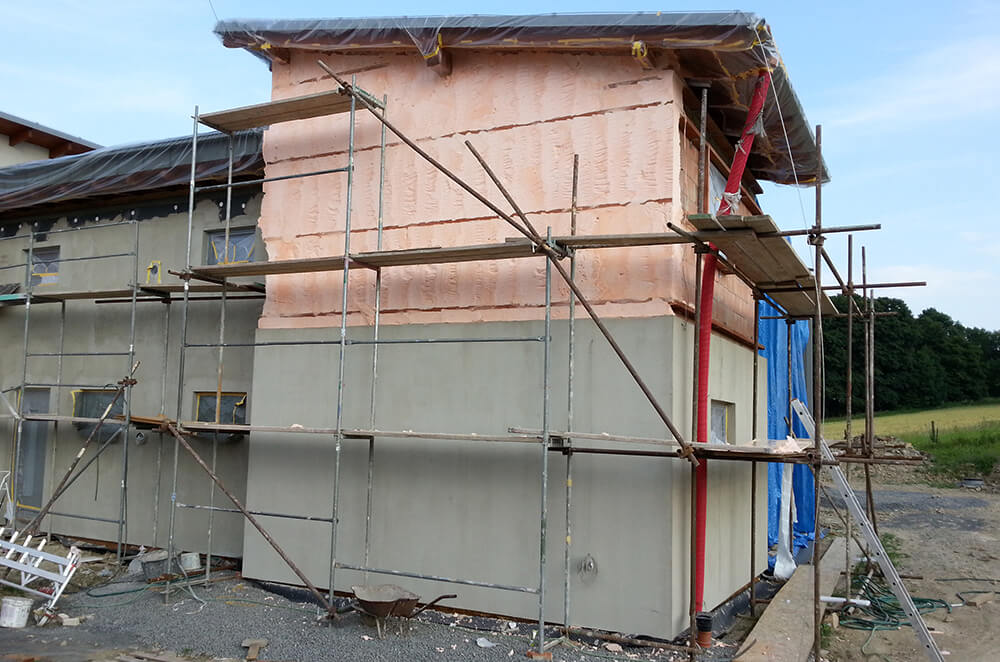
While there are many advantages to solar panels for your home, there are also some drawbacks. First, solar panels are expensive. This applies both to the initial cost and for maintenance. There are tax advantages to solar. It can be beneficial to have solar panels installed in your home if you live in the right climate.
Installing solar panels is expensive
Costs to install solar panels in your home vary and depend on many factors. The most significant factor is the cost of the solar module. This accounts for about half the total cost. Some homeowners may be able to save up to $5,000 by shopping around. An online price comparison calculator can help you get an estimate of how much panels will cost.
You must get permission from the local authority to install solar panels in homes. This could be your local building department or utility company. Homeowner associations might also require additional approvals.
Cost of initial cost
When calculating your initial cost of solar power panels for your home there are many factors you should take into account. These factors include the wattage, type and location of the panels. The cost of each factor is different. Start by determining how much energy your house uses each month. This can be done by looking at your electric bill. The initial cost of electricity will increase the more you use.

The initial cost of a grid tied system will be between $15,000 and $21,000. But, this amount will vary depending upon the size of the system. The more solar panels you install, the lower your energy bill will be. Some systems even have the option to send excess energy back to the grid, which gives you credit against future charges.
Maintenance costs
The maintenance costs of solar panels can vary depending on the factors. The location of the array and the type of it will impact how long it takes for a professional cleaning and maintaining it. The cost of the array will be affected by its size and the number of components. A maintenance agreement with a solar panel company can help homeowners reduce their costs.
A professional inspection will cost between $150 and $300 per hour. A technician will examine the panels to identify broken parts. You may be recommended to repair or replace the solar panels. To ensure they are in top condition, a technician should inspect your solar panels once a year.
Tax benefits
You may be curious about tax benefits if you are considering installing solar panels on your home. Solar panels for homes can be eligible for tax breaks. The Residential Clean Energy Credit is one of these tax breaks. You will have to ensure that you are eligible before you can receive it.
You can get a tax credit up to 30% on your total solar system cost. The amount you get depends on how big your solar system is, how much electricity you use, and what the local electricity rate is. You can transfer any credit that you have not used for five years to your account, but you won't be eligible for a refund if you do so more than once.

Long lasting warranties
Long-lasting warranties can be obtained for solar panels by homeowners to ensure that their investment is protected. This warranty is a great way to avoid costly repair costs in the future. While most manufacturers' warranties cover the panels, installation companies may also offer additional warranties. Paradise Energy Solutions offers a Triple Ten Guarantee. Triple Ten Guarantee is not just for the panels, but also for the total solar energy generated by the system. This warranty is more comprehensive than the typical manufacturer's warranty, which is only applicable to the panels. It is important that you note that the warranty does not cover improper installation, placement or unusual weather conditions. These can adversely impact the production of your system.
The warranty's duration is another important aspect to consider. Some warranties only last for one year, while others may last up to 25. Long-term warranties are also a great option for those who plan to invest in solar panels for their homes over the next few years.